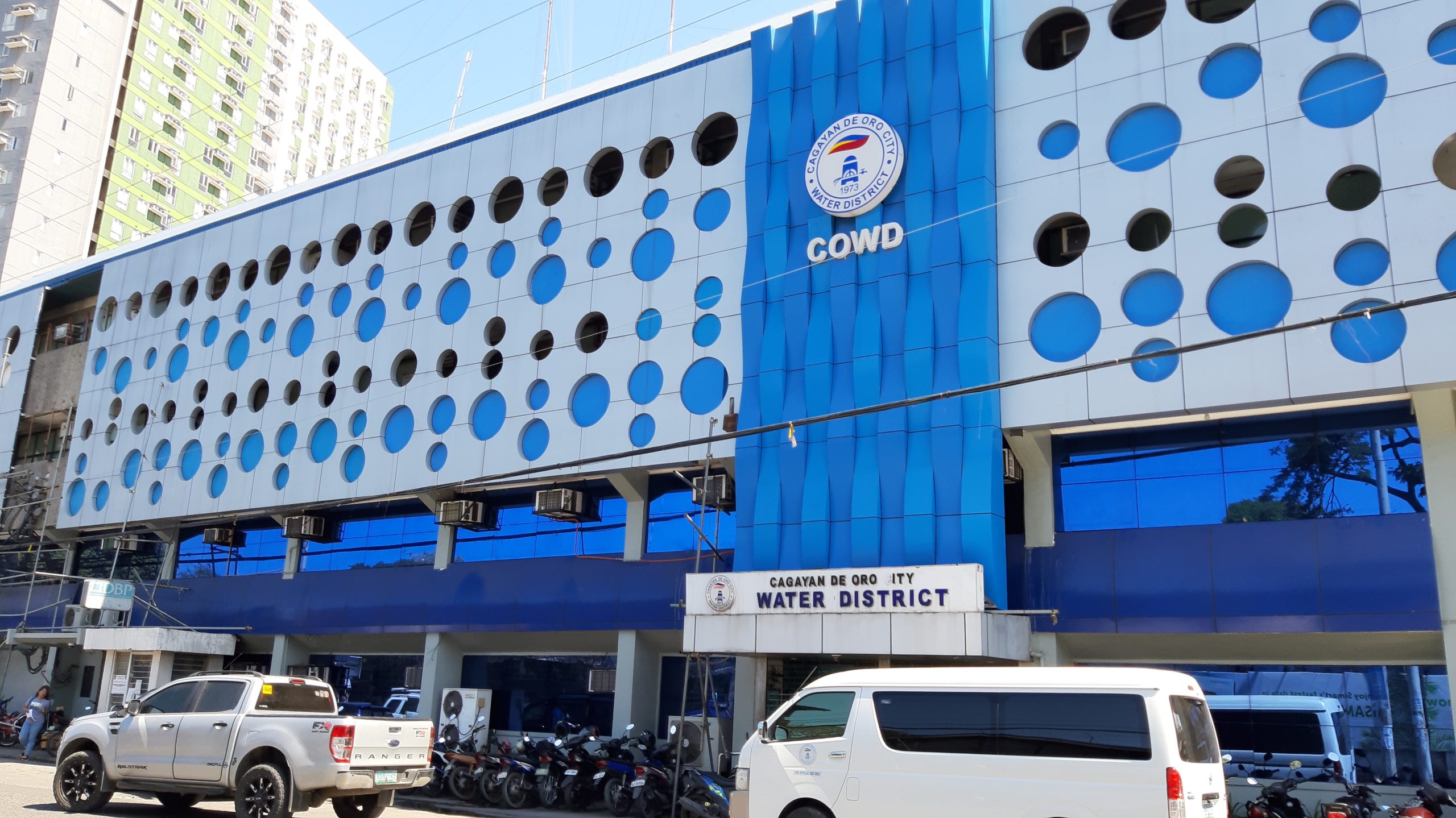By Rhona Canoy .
Third part
SO… My continuing concerns about what will happen to our learning journey goes on. Hopefully, this will be the last of the series, for now. As we enter into territories unknown, the considerations grow and perhaps must be discussed for some improvement to occur.
For now, all focus (especially for our private education sector) is placed on how to sustain our children’s learning through internet technology. Since it is believed to be the better option, all strategies and approaches that are being presented are based on this. But let’s honestly take a look at our less privileged students. There are a whole lot more of them than those who can afford the technology.
Most of our urban public school kids have very limited access to the internet. First, many of them only depend on their smartphones (those that have them) and have to pay for telco data charges. Since we don’t know how much time they are expected to spend online, this is the first gray area that we encounter. Second, how classes are to be sustained will become a strain for many of our lower-income families who must find the resources if they want their kids to “stay in school.”
For our more privileged families who have access to wifi in their homes, the concerns move towards sharing computer or tablet time. We must all remember that this is a new modality, one which has not been tested. This means that for everyone–students, teachers, administrators, parents–this is a learning experience which we must stumble through before we can find some sort of stable footing.
Classes as we know them are no longer possible. No matter how helpful apps and programs may be, we don’t know how this is going to work out even though DepEd wants to maintain some sort of consistency based on what used to be. It is a concern which no one has mentioned to date. Lower-grade levels that encompass K-3 will suffer more, I think. In the face of studies which have already shown that people (kids and grown-ups) must limit tech time, internet time is all that is available if we are to stick to our traditional views of education and is contrary to studies on screen-time.
Sadly, the social interaction which is vastly important in the development of children will be the first sacrifice. No matter how well designed any online program can be to take the place of class time for children, the impact of deprivation of interaction with friends, classmates, and teachers will only reveal itself years down the road. Many human skills such as cooperation, empathy, generosity, compromising–all these–will be harder or perhaps impossible lessons to learn via the internet.
As it is, the old DepEd design already overloaded our students. Most Western schools have class days that start from 8 or 8:30 a.m. till 2 or 3 pm. Philippine school days start at 7:30 a.m. and end around 5 p.m. This at a time when many other countries (pre-covid) have been looking to lessen the school time for their students. Aside from us having more than 200 class days, our school children have been overloaded for years. Compound this with a teaching attitude that is mostly founded on rote learning, and what we have to look forward to is going to be challenging, to say the least.
We have students who are going to be expected to do more critical thinking on their own than ever before. Not that this has been well developed as it stands. Parents who are expected to do more supervising and academic support at home will be faced with difficulties too. How many of our moms and dads are equipped for this additional responsibility? All of this piled on top of the financial problems which all of us face.
Perhaps it’s time for DepEd to first re-evaluate our learning goals. Perhaps it is not the best idea at this time to force our predetermined learning expectations into new modalities. Perhaps the better thing to do would have been to adjust the curriculum and expected proficiencies, then find the modalities to be able to service these new expectations. I don’t know. It’s just what I think.
How many of you parents out there know that from fourth grade onwards (at least through junior high school) our students are loaded up with from nine to fourteen subjects at their grade level? And that this load is also further made heavy by hours and hours of homework each day? Studies have already shown that there are only a certain number of hours of homework that a student can effectively handle each night. I’m sure some of you have children who burn the midnight candle just to meet homework requirements.
Well, now ALL schoolwork is going to be homework. I would think that teachers need to work tightly together to be able to reconcile the amount of work to be done by our students who are going to (finally) have to do most of the work all by themselves. By force, there will be less available teacher supervision because student-teacher contact time is going to be cut back. Yes, there will be better opportunities for teachers to help students on a one-on-one basis, but that will also mean that documentation loads for our teachers must be lessened.
Our teachers as well are going to have to go through some major and important adjustments. Preparation for lessons will not be as it was. There will be less lecture time (finally!) but also more preparation time for lesson presentations. We must also note that it has been established that online learning is actually only more effective for our older students. I’m not sure how our grade-schoolers are going to fare.
Oh, and by the way… some major and paradigm-shifting changes will have to occur with the way we assess student learning. Grades are going to be a problem.. If teachers are expected to determine student learning through the issuance of grades, and students do all their work at home, the objectivity of grades becomes problematic. For our award-driven parents, the temptation to do their child’s schoolwork to get high grades will be, well… epic. In an ideal and close to a perfect world, this would be such a wonderful time to do away with grades. You either pass the subject or fail it. And failing would be (ideally) a lesser possibility because one-on-one teacher assistance would and should be more available.
On top of all this, there is an emerging finding that online interaction must be monitored and limited because of tech fatigue which has a great impact on the effectiveness of teaching and learning, for both students and teachers. There are too many factors to consider for this new learning process to be effective. Yes, it’s true that everything and everyone must go through a tough period of adjustment. But this adjustment will be made harder if what we roll out for our schools, students, and teachers is not as best thought out as is possible.
Under normal circumstances, it takes at least two or three years to make changes and to redesign curriculum and process. That is if it’s done well. It’s true that we don’t have the luxury of time. Wait! Wait! Wait! Don’t we? The only reason why this is new academic normal is being pushed is for reasons which have little to do with education or learning or serving our students.
Believe me, my family is going to suffer no matter what happens. We have two schools, serving different ends of the economic spectrum. And if we delay re-opening, frankly… the financial impact on us will be catastrophic, more so because these two schools have (thanks to my mom’s charitable vision) never been designed to be profit-making. But the thought of another school year in operation is just as scary as is going bankrupt.
At the moment, my greater concern is to be able to provide enough psychological and emotional support for our teachers who are faced with the ultimate unknown. And the part of me that fears this coming school year is going to be a waste of effort and time is getting chills. The decision to present some semblance of education to our students is one that cannot be made just by DepEd, private school owners or teachers who worry about where their pay is going to come from.
This will have long-term effects on our students, schools, teachers, and families. For those teaching in public schools, the health risks cannot be measured (for them and their students). For parents with children in public schools, the additional expense is a serious consideration. For our better-off parents with students in private schools, the possibility that finances will dwindle is just as much a reality.
The most brilliant minds of our country survived having school interrupted by several years of war. Was their educational system better? I don’t know? Were they inherently more intelligent? I don’t know. All I know is that more factors need to be examined.
And we must remember that no matter how we justify it, the effects are going to be long-term. Even way beyond the duration of covid. God truly help us all.
Disclaimer
Mindanao Gold Star Daily holds the copyrights of all articles and photos in perpetuity. Any unauthorized reproduction in any platform, electronic and hardcopy, shall be liable for copyright infringement under the Intellectual Property Rights Law of the Philippines.













